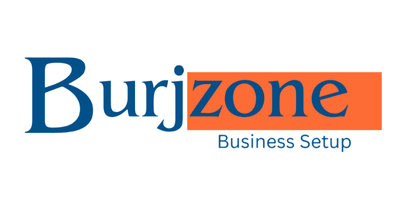Our Blog
Home / Blog
Audit Challenges for Real Estate Companies in Dubai: Key Risk Areas
The UAE’s real estate sector, particularly in Dubai, is one of the most dynamic and regulated markets in the region. With growing investor interest, stricter compliance standards, and evolving tax laws, real estate firms face unique audit challenges. Whether operating in Business Bay, Dubai Marina, or Jumeirah Village Circle, companies must be prepared for rigorous financial scrutiny.
This article outlines the primary audit risk areas for real estate businesses in Dubai and across the UAE, offering insights to help you prepare effectively in 2025.
1. Complex Revenue Recognition Rules
One of the biggest challenges for auditors in the real estate sector is accurate revenue recognition. Many developers recognize revenue over time using percentage-of-completion methods, while others may rely on handover-based milestones.
Incorrect application of IFRS 15 (Revenue from Contracts with Customers) is a common issue that can lead to material misstatements in financials.
2. Off-Balance Sheet Financing and JV Structures
Real estate developers often operate through joint ventures, special purpose vehicles (SPVs), or offshore entities. These structures can hide liabilities or misrepresent ownership stakes if not audited correctly.
Auditors must carefully assess control, risk-sharing, and financial impact—especially for properties under construction or cross-border investments.
3. Valuation of Investment Properties
The UAE market experiences price volatility, and this directly affects the valuation of investment properties. Fair value assessments must be supported by market-based data, valuation reports from approved firms, and consistent methodology.
Inaccurate or overly aggressive valuations can result in misleading financial statements and trigger regulatory red flags.
4. Related Party Transactions
Many real estate firms in Dubai have family ownership structures or affiliated entities. Transactions with related parties—whether through land sales, construction contracts, or financing arrangements—must be disclosed in line with IFRS standards.
Lack of transparency in related party dealings remains a key audit concern and regulatory risk, especially for companies listed or planning to go public.
5. Lease Accounting Challenges (IFRS 16)
Real estate companies with multiple leased properties must comply with IFRS 16, which requires capitalization of leases and recognition of lease liabilities. Errors in lease classification, contract terms, or depreciation schedules are common audit findings.
6. Tax and ESR Compliance
With Corporate Tax now in effect and Economic Substance Regulations (ESR) applying to holding and development activities, real estate firms must ensure compliance. This includes tax registration, transfer pricing disclosures, and ESR filings.
Firms operating in Dubai Design District, Dubai South, or Sharjah Investment Areas must maintain proper records to demonstrate substance in the UAE.
7. Incomplete or Delayed Handover Documentation
Auditors frequently encounter gaps in handover records, unit completion certificates, or payment reconciliation. These missing documents make it difficult to verify revenue, client receivables, and project completion status.
Maintaining a complete document trail from land acquisition to final sale is essential for audit readiness.
Final Thoughts
As audit standards tighten in the UAE, real estate companies must improve internal controls, adopt proper accounting policies, and ensure transparency across ownership, operations, and finance.
Whether your business is based in Downtown Dubai, Al Barsha, or Abu Dhabi’s Reem Island, preparing proactively for audits is crucial to maintaining investor confidence, legal compliance, and long-term sustainability.
#RealEstateAuditUAE #DubaiPropertyCompliance #IFRS15RealEstate #AuditRiskDubai #UAERealEstateValuation #SPVAuditChallenges #DubaiLandDepartmentCompliance #CorporateTaxUAE2025 #ESRRealEstateFirms #LeaseAccountingIFRS16
